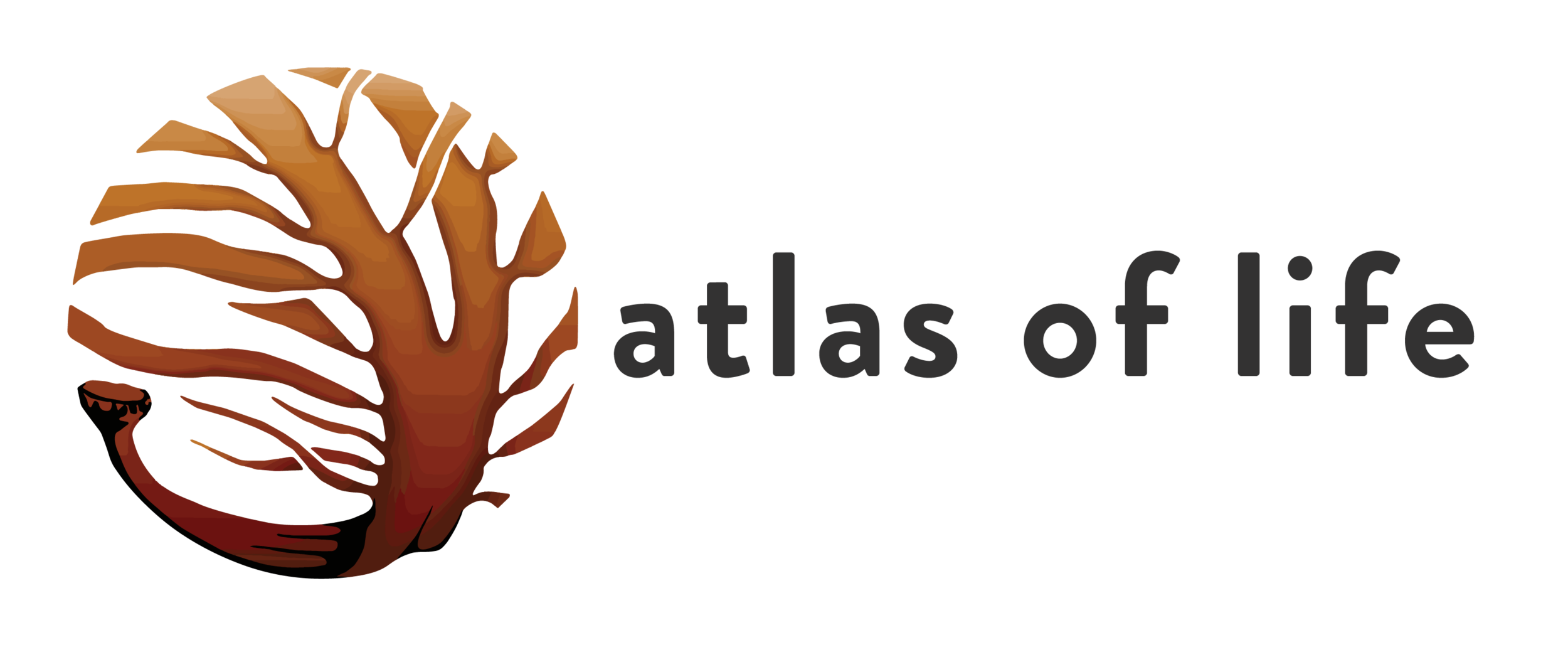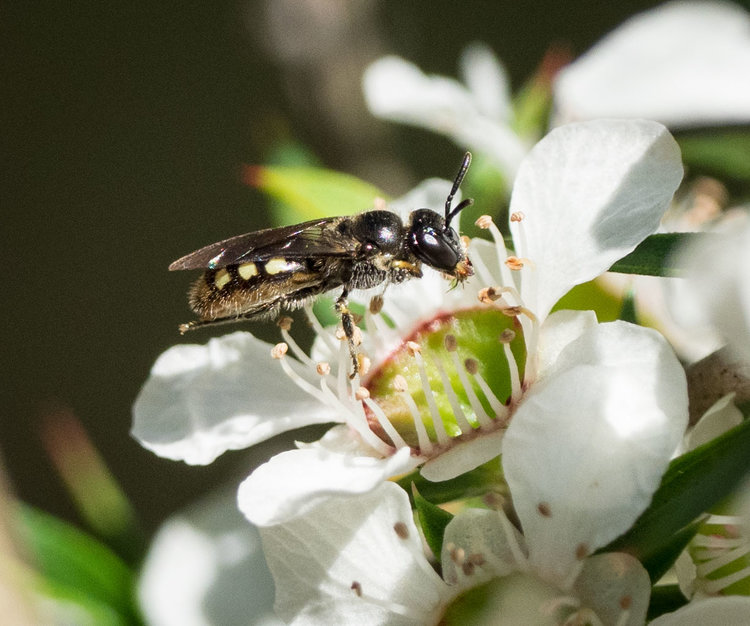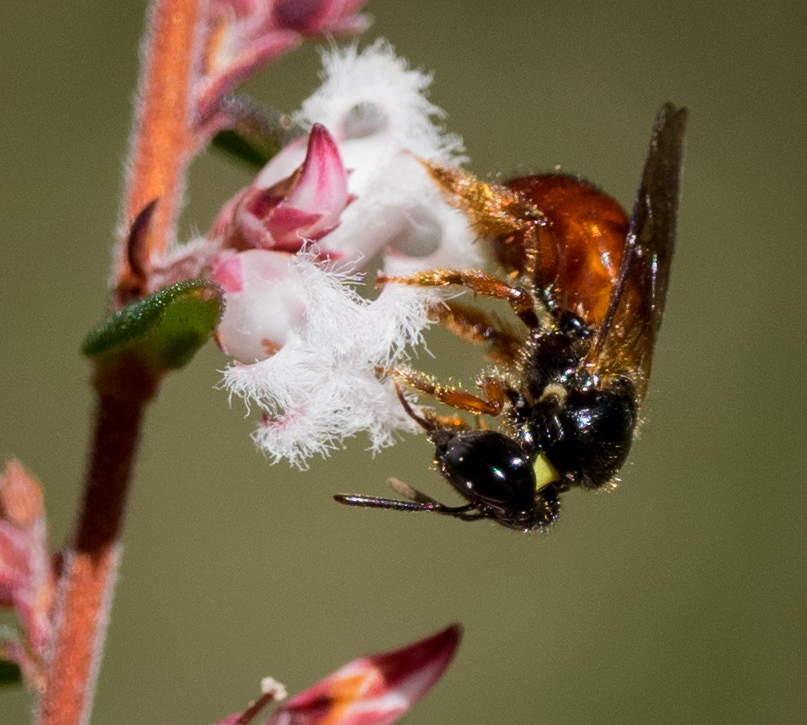Local bees
CREATURE FEATURE
by Kerri-Lee Harris
Bees collect pollen, right? Well, not all bees. And not all in the same way.
There are over 1500 named species of Australian (‘native’) bees, and there may be several hundred more awaiting scientific description. They vary greatly in appearance, and in behaviour.
Most Australian bees are solitary or semi-social. In general, a female bee will mate, construct her nest, provide food for the developing larvae, lay an egg, and then close the cell. She doesn’t have a raft of worker bees providing ongoing care for her or for her young. Only a very few Australian bee species form colonies with a division of labour into queens, workers and drones, as European Honey Bees (Apis mellifera) do.
Below are just a few bee species from the southern forests of the Atlas of Life region.
Bees are really just vegetarian wasps. They have evolved to feed their larvae on pollen rather than on captured insects or spiders. Male bees eat pollen and drink nectar, but they don’t collect or transport it.
Buzz feeding
Some flowers dust every visiting insect with pollen, and the pollen is easily accessible to a hungry visitor or to a female bee collecting for her brood. But many other flowers present a greater challenge. ‘Buzz pollinated’ flowers only release their pollen when the insect shakes the anthers in just the right way. The Dianella in the photos below is one such flower.
To read a little more about bee behaviours and our local bees, take a look at:
Life in a Southern Forest is our personal website. It features a diverse and ever-growing collection of stories about the biodiversity and ecology of a patch of forest south of Eden, NSW. We are contributors to the Atlas of Life, and are very happy to share our sightings and discoveries with the Atlas community.
(All images above were taken by us.)
Kerri-Lee Harris & Paul Whitington
If you have a story to tell about life in your part of the Atlas of Life region, please consider sending us a Creature Feature story. Contact Atlas of Life.











